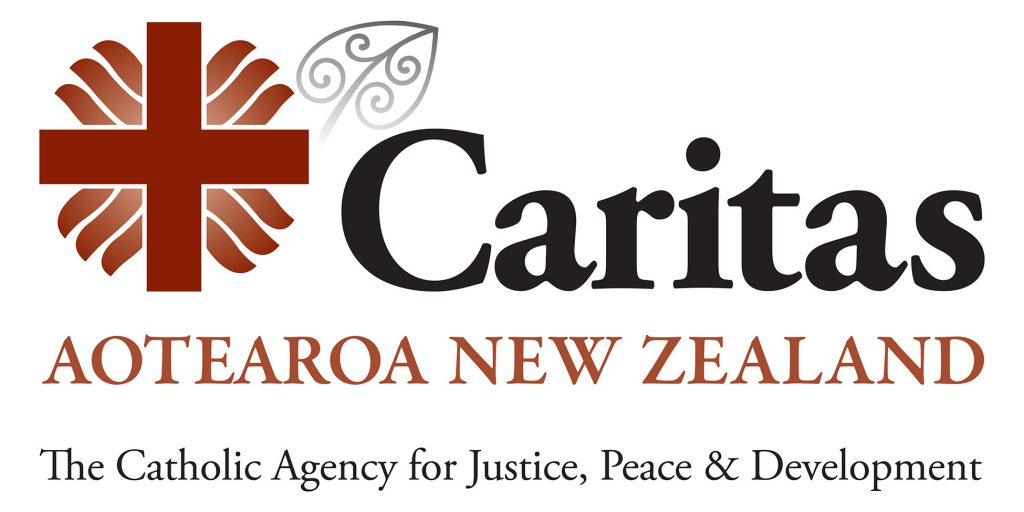
NauMai September 2021
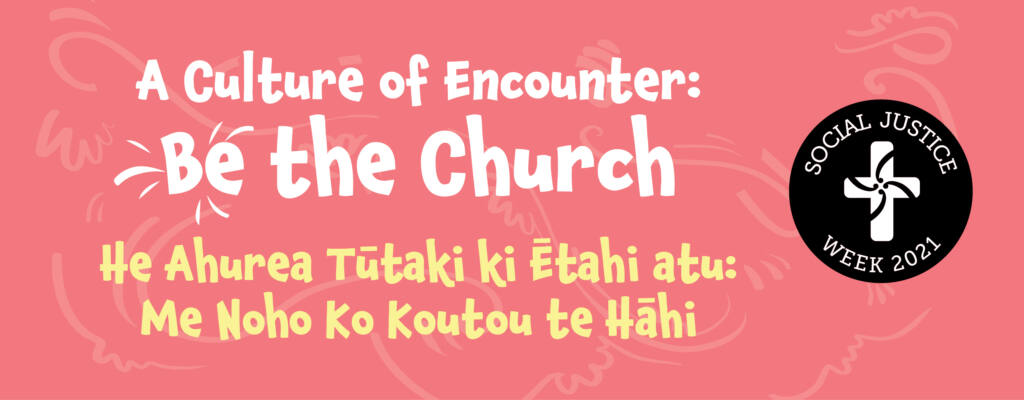
What does it mean to Be the Church?
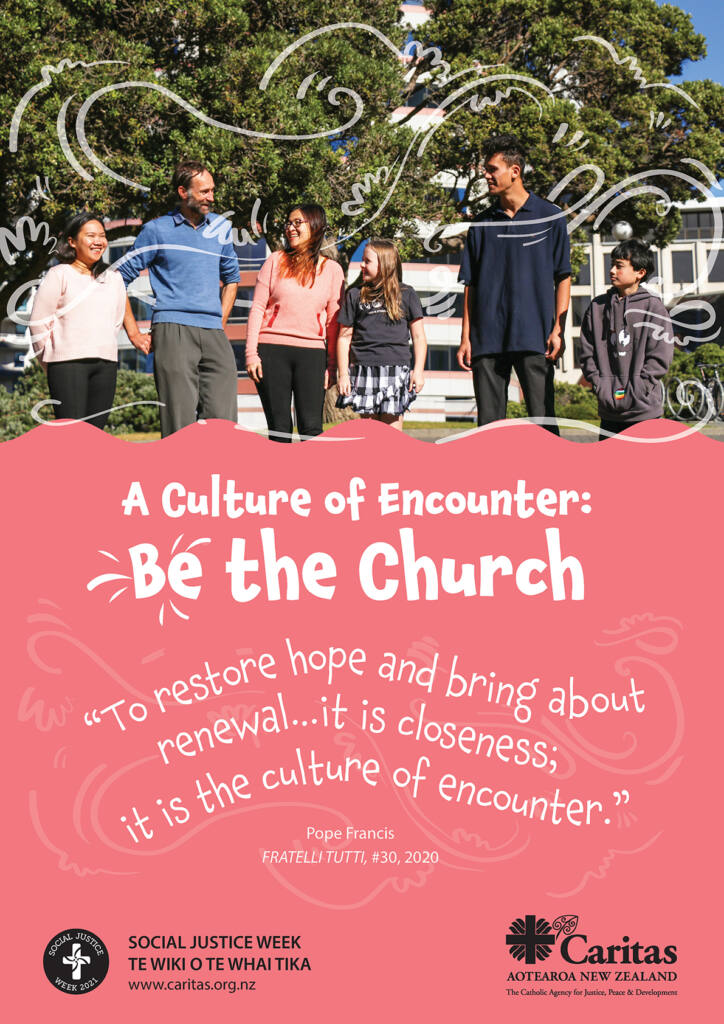
Social Justice Week (SJW) 2021 will take place from 12 to 18 September. This year, Caritas Aotearoa New Zealand have produced resources focused on “A Culture of Encounter: Be the Church”. Caritas invites people of all ages to learn about and reflect on what it means to be the Church and how we are called to be God’s hands and feet in our community.
In today’s society, there are many reasons why people can easily get caught within their own bubble and be removed from those around them. The impact of the pandemic, our reliance on technology, a growing culture of individualism and instant gratification are just a few reasons. However, we are called to be God’s hands and feet, and this requires encountering others and sharing God’s transcending and transforming love – bringing the Church to life!
The SJW 2021 resources for parishes will explore some of the themes in Fratelli Tutti which relate to encounter and community. You will be able to find these resources on our website now: www.caritas.org.nz/parishes/social-justice-week
Fratelli Tutti – Pope Francis
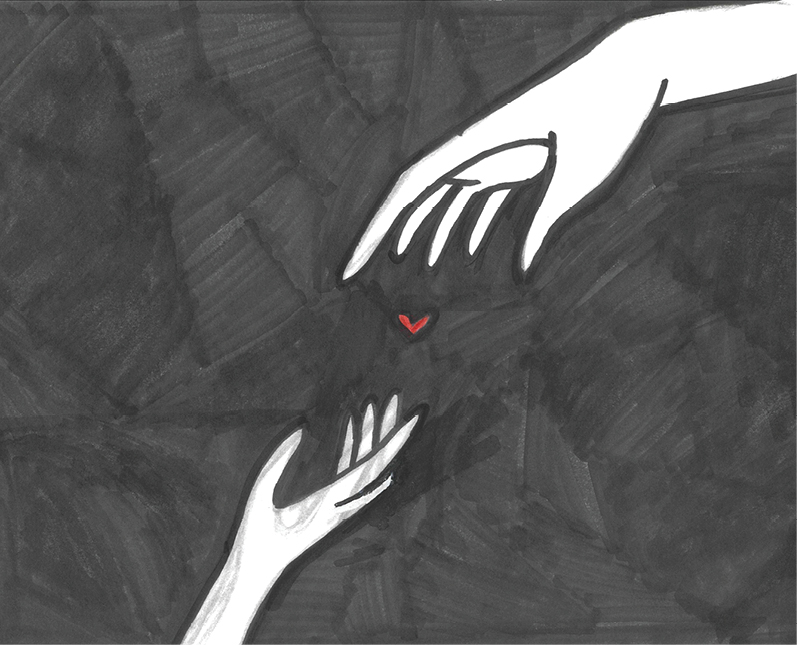
In Pope Francis’ 2015 encyclical, Laudato si’, he reflected that social cohesion is being threatened in today’s world and spoke of the importance of cultivating meaningful relationships with each other. He continues this theme in his most recent encyclical, Fratelli Tutti (2020), where he warns all people that ‘the sense of belonging to a single human family is fading’, and as our world continues to grapple with the COVID-19 pandemic we must not dismiss the sense that we all share a common humanity. Pope Francis challenges us all to restore a sense of closeness and a culture of encounter. He quotes St Francis in calling for “a love that transcends the barriers of geography and distance.” (Fratelli Tutti).
With the addition of Fratelli Tutti, the body of Catholic Social Teaching (CST) has deepened. Showing the importance for applying Christ’s teaching to the issues of today, CST principles provide the basis for action in the community as we seek to follow Christ’s example. With a focus on fraternity, social friendship, encounter and community, Fratelli Tutti explores all of the CST principles that we highlighted in our SJW resources from last year.
To read Fratelli Tutti, you can find it on the Vatican’s website: www.vatican.va
School Resources: Highlighting the Beatitudes
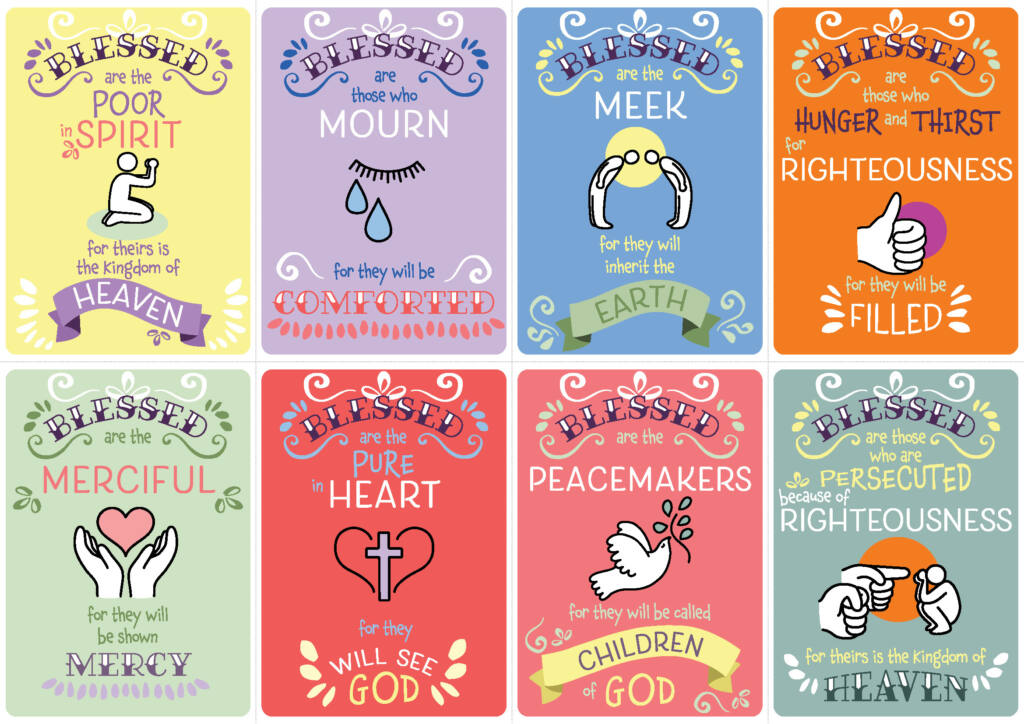
The Social Justice Week school resources for 2021 highlight the Beatitudes as we look to live out Christ’s teachings within the context of community and caring for one another. Our common humanity requires that we respect and uphold the dignity of each and every human being.
In Matthew 5:1-12, Jesus presents the Beatitudes which are at the very heart of his teachings and encourage people to uphold every person’s innate human dignity. The actions and attitudes described in each of the Beatitudes show people how to live their lives and relate to others with tika, pono and aroha.
Catholic school communities throughout Aotearoa New Zealand are invited to join in solidarity and think about how we encounter one another as brothers and sisters and how we can be more like Jesus in living out the Beatitudes.
Most of the physical material available for schools promote the eight Beatitudes found in Matthew 5. There is a wide range of resources including over 50 activities and daily prayers which can easily be used by teachers at all levels.
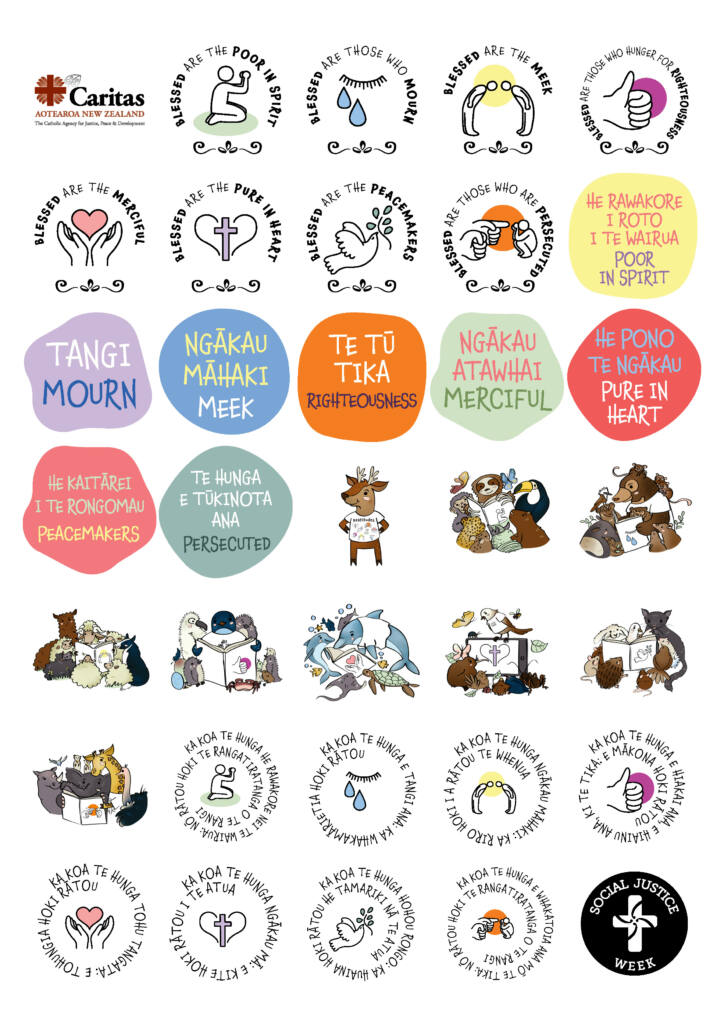
Beatitudes cards, as shown above, have been designed for students to use during recommended activities as well as to keep in order to remember Jesus’ words. The reverse side of these cards challenge students to use the SEE-THINK-JUDGE-ACT process to choose an action as a social justice response. Stickers, as shown on the left, have been created to support some of the proposed activities and will also help students remember some of the key words and messages from the Beatitudes.
As Social Justice Week takes place at the same time as Te Wiki o te Reo Māori (Māori Language Week) the school resources have been designed to support learning in both English and Te Reo. Key terms are provided in both languages – most noticeably within the stickers and the activities for students to see and use.
Short stories have been created for younger students. These have been designed for teachers to read aloud to help students understand each of the Beatitudes and how they connect to the way we live our lives. The Caritas mascots who were introduced last year for the Catholic social teaching principles are back as the narrators. Students will be captivated by Colin the giraffe, who is a huge fan of the common good, telling the tale of Joan who chooses to stand by a student at her school who doesn’t always fit in. Other mascots like DJ the dolphin and Shristi the sloth will entertain students and at the same time help them to see the link between Jesus’ words and our choices about how we treat others around us. Creative original artwork by students throughout New Zealand bring these stories to life.
School visits and staff workshops will be taking place in the lead up to Social Justice Week and during the week itself.
The school resources are now available online. A wide range of resources that include over 50 activities and daily prayers can easily be used by teachers at all levels. These resources can be found on the Caritas website: www.caritas.org.nz/schools/social-justice-week
